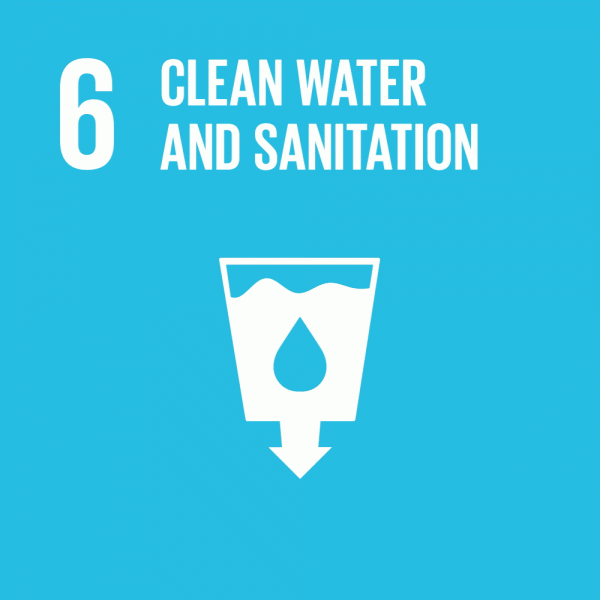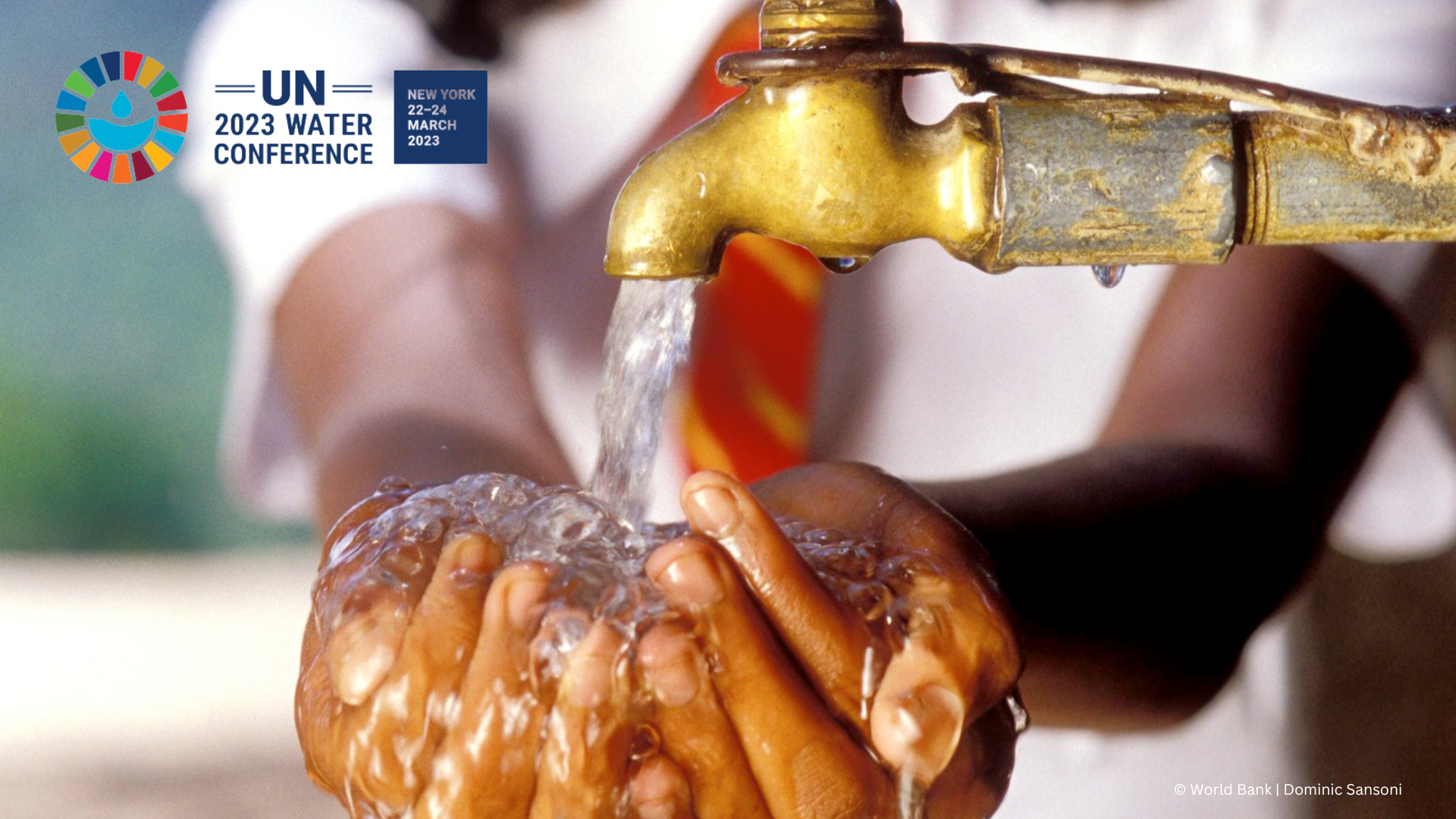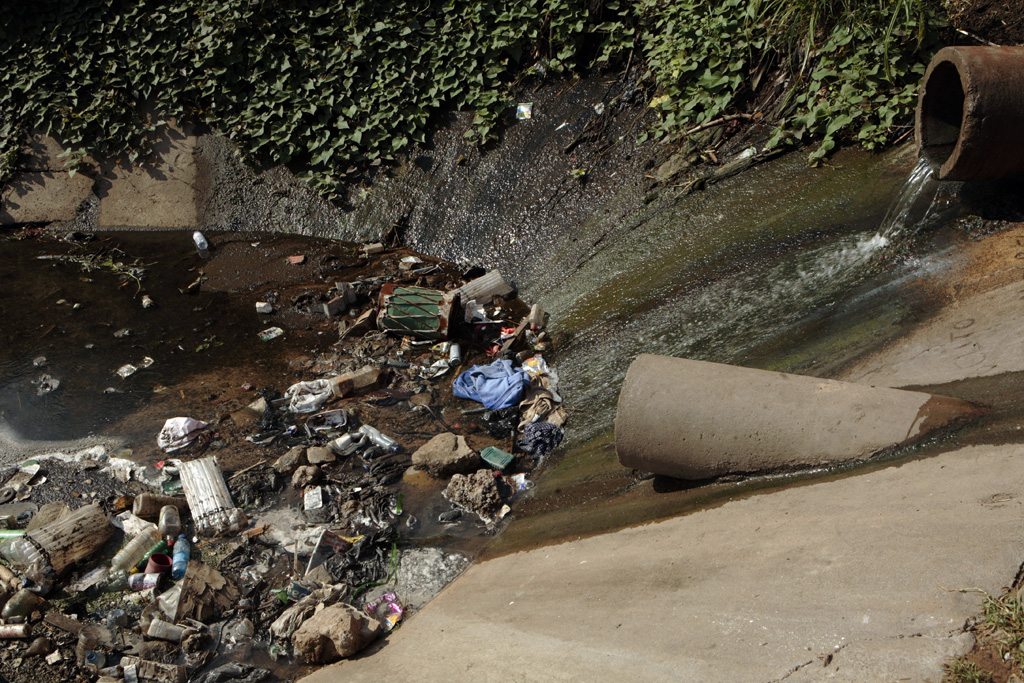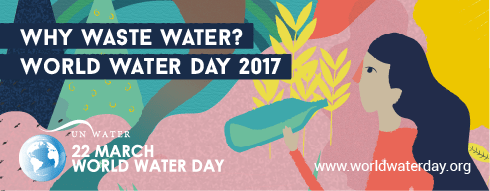In March 2023, the world will come together to address the urgent water crisis at the UN 2023 Water Conference in New York. Co-hosted by the Kingdom of the Netherlands and the Republic of Tajikistan, the Conference will be a global momentum for accelerated implementation and improved impact to advance the broad challenges surrounding water.
Learn more about the UN 2023 Water Conference here.
 What is SDG6?
What is SDG6?
Access to safe water, sanitation and hygiene is the most basic human need for health and well-being. Water is essential for human health and well-being, energy and food production, healthy ecosystems, climate adaptation, poverty reduction, and more.
But decades of poor management, misuse, overextraction of groundwater and contamination of freshwater supplies have intensified water stress and degraded water-related ecosystems. Urgent action is needed to ensure a sustainable and equitable distribution of water for all needs. Learn more about SDG 6 targets and goals here.
 Learn More
Learn More
Water is everyone’s business. Learn more about the global water crisis and join the conversation.
Related News
‘Radical’ investments needed to meet global water and sanitation targets – UN report
Against the backdrop of almost two billion people around the world relying on sources of drinking-water contaminated with faeces, the United Nations has called on countries to “radically” increase investments in water and sanitation infrastructure not only to protect their populations from deadly diseases but also to ensure that they are able to achieve the Sustainable Development Goals (SDGs).
High-Level Panel on Water: World Water Day statement
We, the 12 leaders who make up the Panel, are demonstrating by our own engagements the importance of national action and regional and global cooperation for changing the way the world looks at water, and how we manage it.
WATCH: How we treat our waste affects our health, environment and even our economies
"Mottainai!" is a Japanese term for "what a waste!" Watch this UN Environment video to see how living more sustainably saves literally tonnes of waste.






